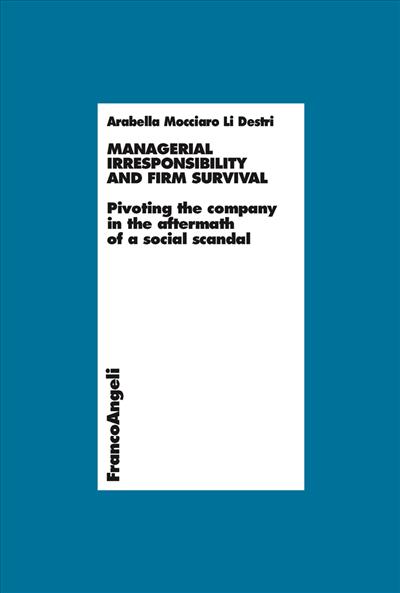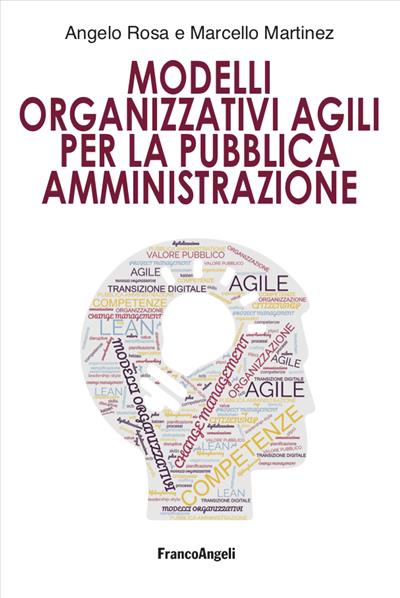
Managerial irresponsibility and firm survival.
Pivoting the company in the aftermath of a social scandal
This study analyses the factors that underlie scandals driven by managerial social irresponsibility and the dimensions that influence the possibility to pivot the company back to success after a social scandal.
Pagine: 160
ISBN: 9788820458713
Edizione: 1a edizione 2013
Codice editore: 365.1048
Disponibilità: Buona
Pagine: 160
ISBN: 9788891702241
Edizione:1a edizione 2013
Codice editore: 365.1048
Possibilità di stampa: No
Possibilità di copia: No
Possibilità di annotazione: No
Formato: PDF con DRM Readium LCP




